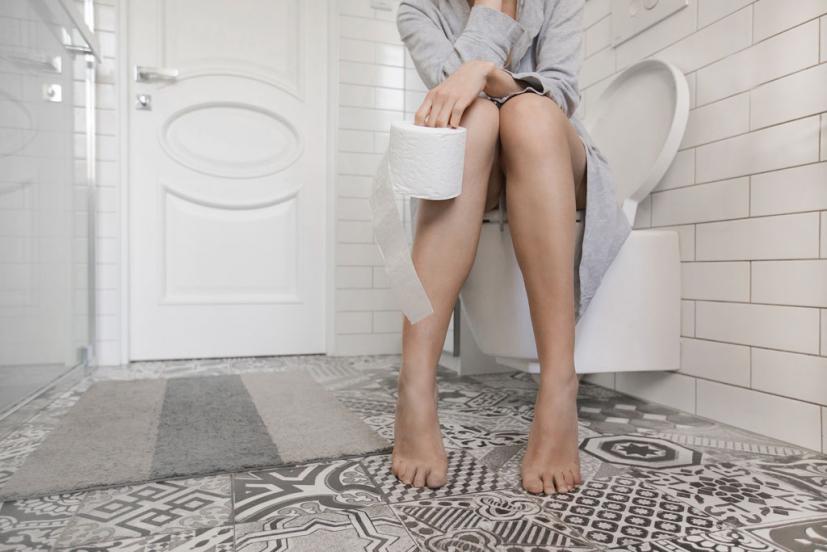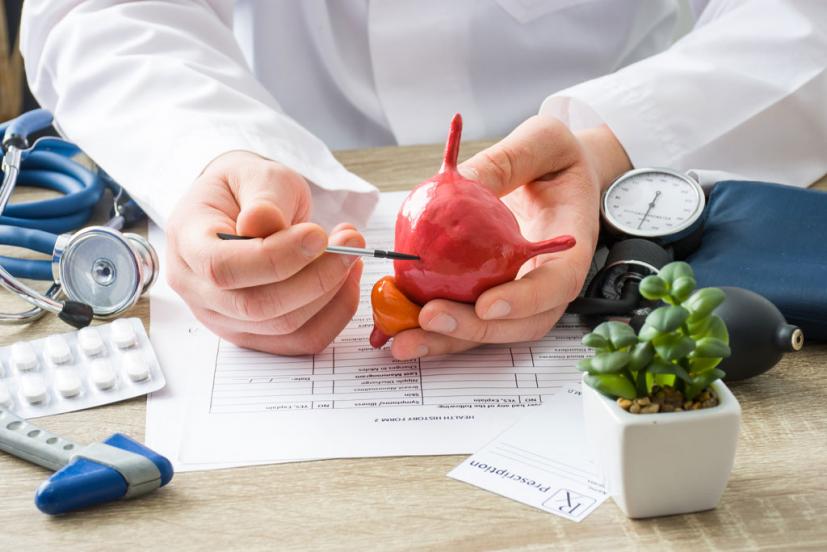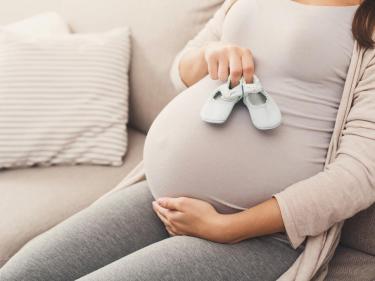Post-Pregnancy Incontinence: A Common Complaint

Marin Mommies presents a sponsored article from MarinHealth Medical Center in Greenbrae.
Most women expect a few postpartum changes to their body, but few are prepared for one of the most common conditions new mothers experience: urinary incontinence, or the loss of bladder control.
Incontinence affects twice as many women as men, and is more common in women who have given birth vaginally. That’s because childbirth weakens the bladder and pelvic muscles. Then, as the uterus shrinks back to normal size, it compresses the bladder. Women who have a high Body Mass Index and/or are over the age of 35 have a greater risk of urinary incontinence following childbirth.
The two types of urinary incontinence that most commonly impact women are:
- Stress incontinence: “leaking” associated with coughing, sneezing, laughing, or exercising.
- Urge incontinence, or overactive bladder (OAB): the sensation of urinary urgency causing people to have to go many times a day and worry about being too far from a bathroom.
Post-pregnancy incontinence often resolves itself after a few weeks. If you are still having problems six or more weeks after your baby’s birth, you should see your doctor.

Treatment Options
Your doctor will want to talk to you about your symptoms and possibly perform some tests to identify the type of incontinence you are experiencing. Lifestyle changes are a good place to start. Losing weight will ease some of the pressure on your bladder and pelvic floor. Reducing alcohol, caffeine, and spicy foods and getting back into an exercise routine may help. Behavioral techniques can also “retrain” your bladder, such as sticking to a fixed bathroom schedule, stretching out your trips to the bathroom to build up your tolerance, and making sure you completely empty your bladder each time you go to the bathroom. You may need to use over-the-counter disposable hygiene products for a while as you pursue treatment.
If your problem is diagnosed as stress incontinence, your physician may recommend physical therapy with Kegel exercises or biofeedback. When a more effective treatment is needed, an outpatient surgical solution, such as sling surgery or the Burch Procedure, may be an option.
If the problem turns out to be overactive bladder (OAB), there are many treatment options available, including prescription medications, injections, and surgical implants.
As a mom, it is important to take care of yourself and feel your best, for you and your family. And there’s no need to suffer in silence — help is available right here in Marin. Learn more about female incontinence, or find a MarinHealth® doctor near you to get the treatment you deserve.





